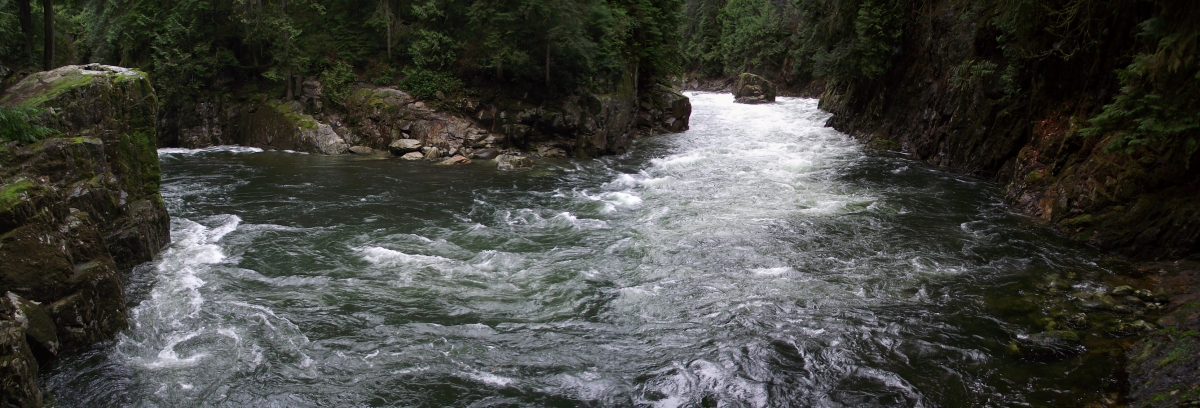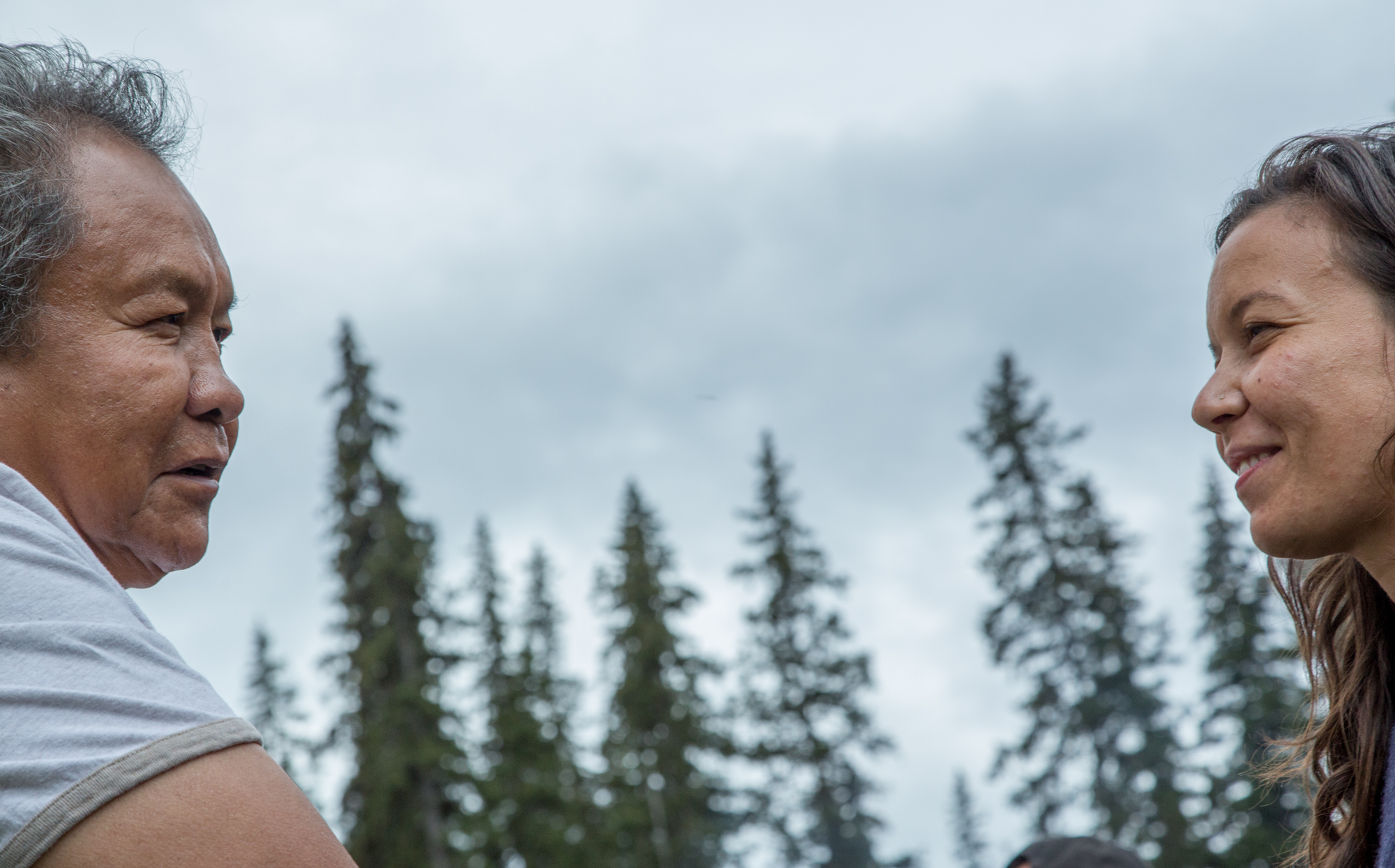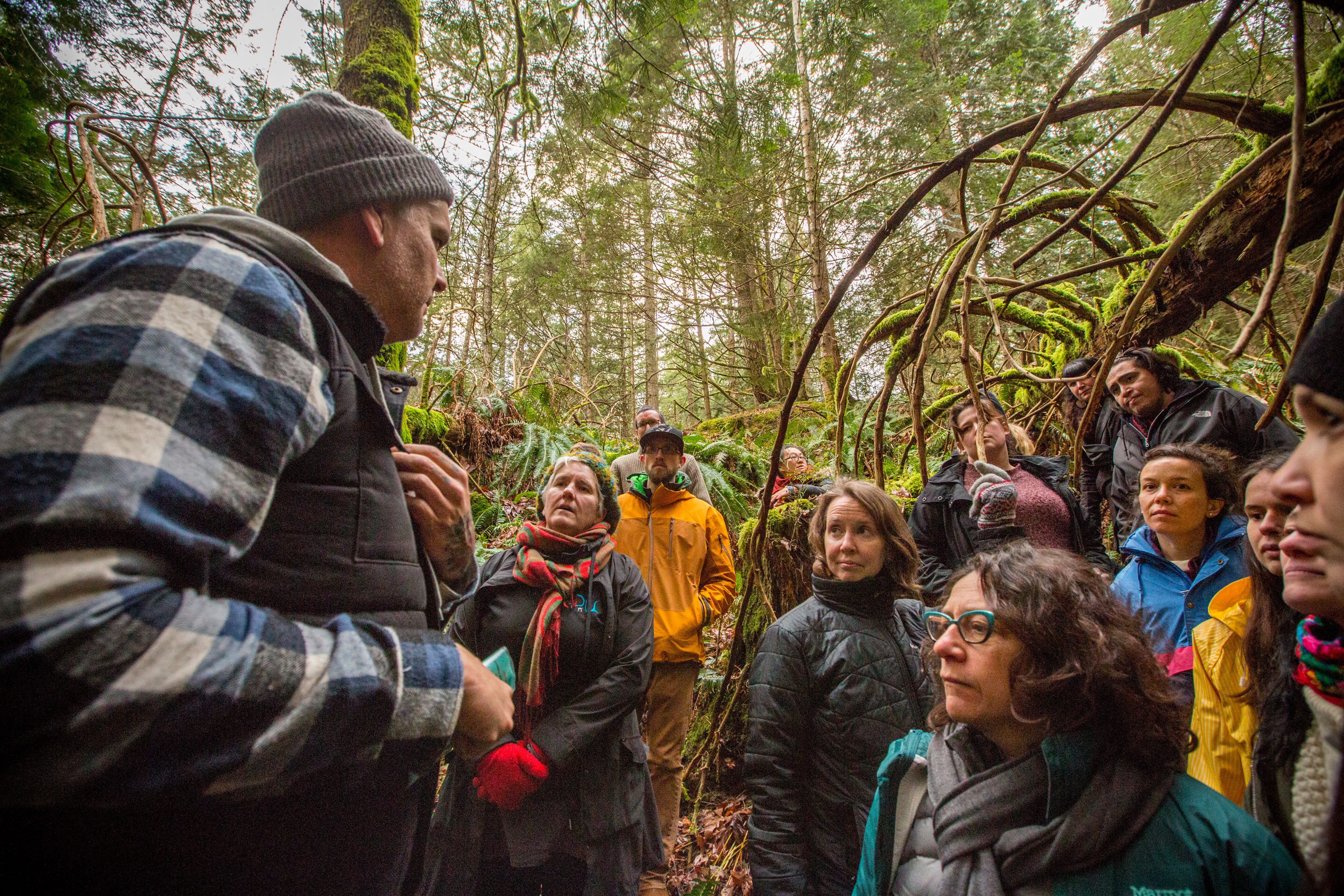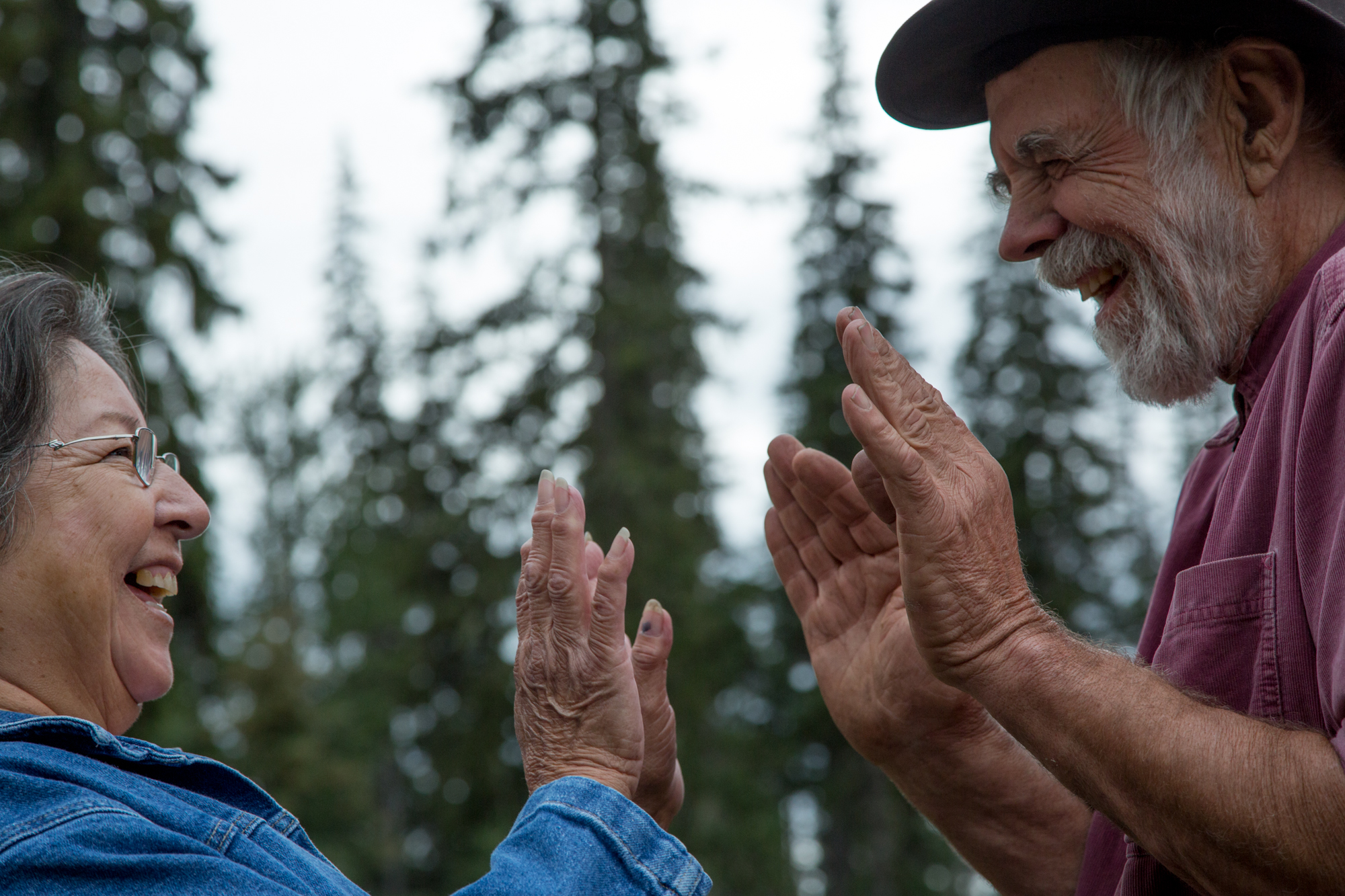The grant partners are collectively committed to Community-Based Research using an Ownership-Control-Access-Possession (OCAP) protocol, informed by the concept of Two-Eyed Seeing.
Two-Eyed Seeing
Two-Eyed Seeing means to learn with one eye from Indigenous ways of knowing, and with the other eye from Western ways of knowing. Simply put, our project blends Indigenous and Western ways of knowing, and views them as complementary. We are, however, sensitive to the asymmetrical relationship between “Western” and Indigenous discursive systems, making reconciliation of the two a power-laden and therefore political project that requires care and critical self-reflexivity on the part of researchers.
Community-Based Research
Community-Based Research is defined by the University of British Columbia as follows: “Rooted in community and fostered by sustained trust relationships. Community-Based Research (CBR) includes a range of practices that are situated in a community, are collaborative, action-oriented, equitable, and grounded in sustained relationships of trust. CBR is a key element in many aspects of UBC’s Strategic Plan, including research excellence and community engagement. It values the broad and disparate expertise and understanding that exist in communities, and strives to advance research activities that are of mutual benefit to all participants.” This approach was developed in collaboration with UBC’s First Nations House of Learning. Another way of approaching Indigenous Community-Based Research is to root research relationships in four core values (sometimes called the “4 Rs”): respect, responsibility, reciprocity and relevance.
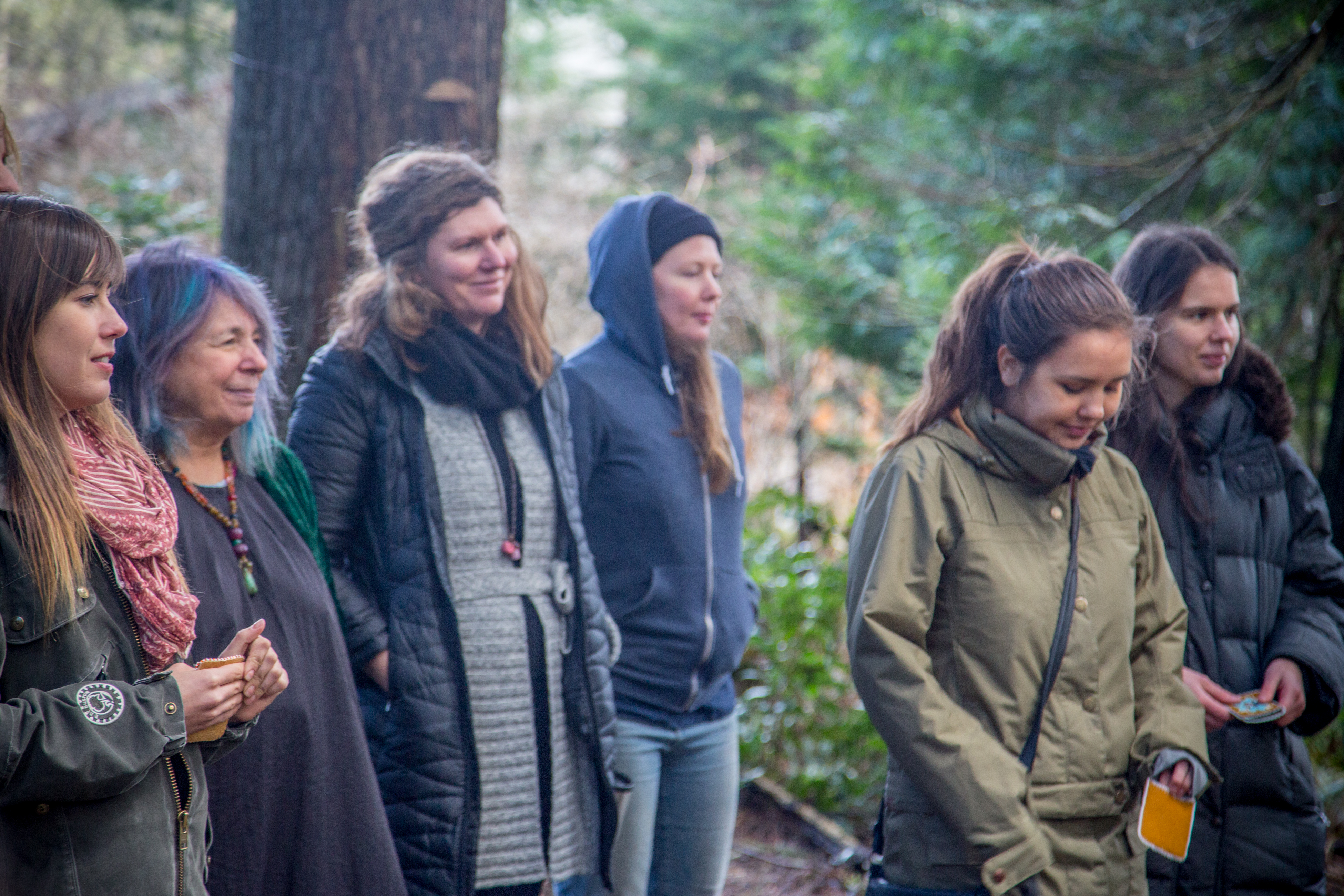
OCAP (Ownership-Control–Access-Possession) is often used in Canada as a specific protocol for working with Indigenous communities. Simply put, it implies that ownership of data rests with communities, who retain control and have prescribed protocols for access and possession.
Land-based Learning
Learning is connected to place. Epistemologies, ontologies and indeed, cosmologies are generated from and connected to the land and water. For us, land and water are not only sites of learning, but are also actively involved in the process of education. Land based pedagogies are not unique to a single community or place, but are particular in that the place informs what can and should be learned, and by whom. Land based education highlights the limits of what can be learned within western institutions. Thus land based pedagogies are critical of settler colonial structures of dispossession. Through land based learning we seek to decolonize research, settler-colonial relations, and the land and the water.
